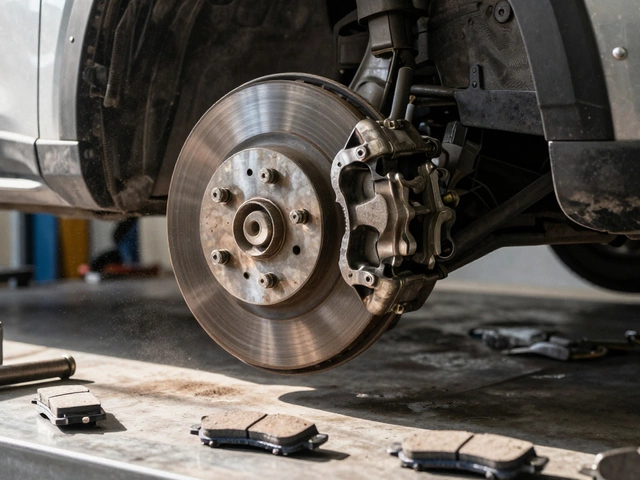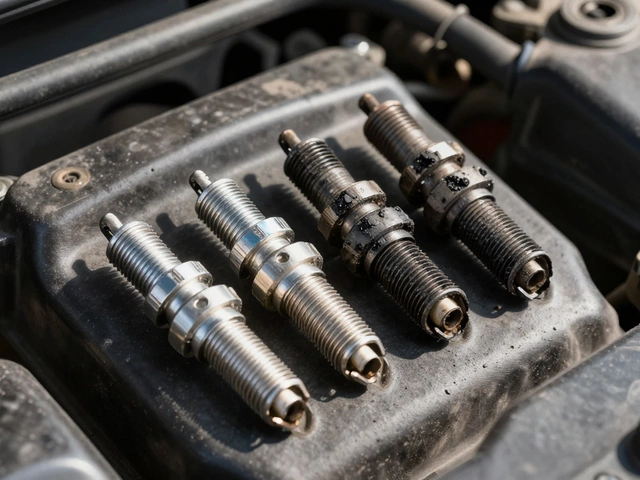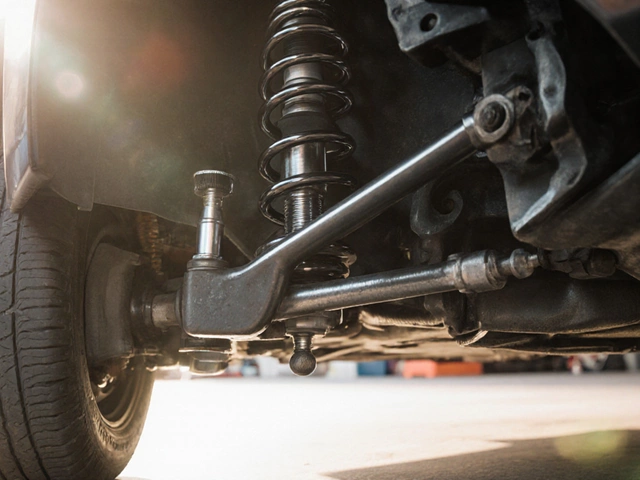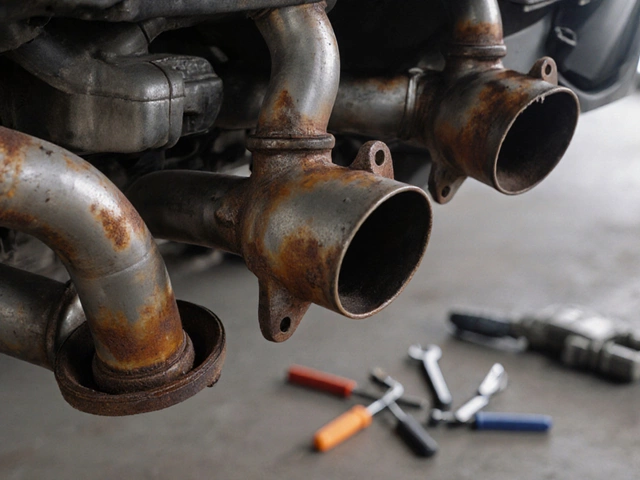Spark Plug Life: Keep Your Engine Firing Like New
If your car hesitates on start‑up, coughs at high RPMs, or just feels sluggish, the spark plugs might be the culprits. These tiny metal rods ignite the air‑fuel mix, so their health directly affects performance, fuel economy, and emissions. Below you’ll find straight‑forward ways to gauge spark plug life, boost their lifespan, and know exactly when to swap them out.
What Determines Spark Plug Longevity?
Several everyday factors wear down plugs faster than you’d expect. First, the type of plug matters – copper, iridium, and platinum each have different lifespans. Iridium can last up to 100,000 km, while copper often needs changing around 30,000 km. Second, driving style plays a role. Frequent short trips don’t let the engine reach optimal temperature, leading to carbon buildup. Third, fuel quality matters; low‑octane or contaminated fuel creates deposits that eat away at the electrode.
Lastly, engine condition matters. A mis‑firing cylinder or a faulty ignition coil forces a plug to work harder, shortening its life. Keep an eye on coolant leaks or oil contamination too – oil‑fouled plugs are a sign something deeper is wrong.
Spotting Bad Spark Plugs Before They Kill Your Engine
Most drivers notice a problem only after the car misbehaves, but a quick visual check can save you a costly repair. Pull the spark plug wires (or coil packs on newer models) and inspect the tip:
- Black, sooty deposits: indicates a rich fuel mixture or weak spark.
- White, ash‑like crystals: signals a lean mixture or overheating.
- Oil fouling: dark oily coating means oil is entering the combustion chamber – often a valve seal issue.
- Worn electrodes: if the gap is smaller than the manufacturer’s spec, the plug has eroded.
If you see any of these, replace the plug immediately and investigate the root cause.
How to Extend Spark Plug Life
Follow these low‑effort habits to get the most miles out of each plug:
- Use the right octane: Stick to the fuel grade your owner’s manual recommends. Higher octane won’t clean a plug, but too low will cause pre‑ignition and fouling.
- Drive at normal operating temperature: After short trips, let the engine idle a minute or two before turning it off. This burns off excess carbon.
- Keep the ignition system clean: Replace coil packs or ignition wires when they show signs of wear. A weak spark forces the plug to work harder.
- Choose quality plugs: Iridium or platinum plugs may cost more up front, but they save you time and money in the long run.
- Regularly change the air filter: A clogged filter restricts airflow, creating a rich mixture that soils plugs.
DIY Spark Plug Replacement – Step by Step
Replacing plugs yourself is a quick 30‑minute job for most cars. Here’s a no‑nonsense guide:
- Gather the right tools: a spark plug socket (usually 5/8" or 13/16"), ratchet, extension, and a gap gauge.
- Engine off, cool. Disconnect the battery if you have a coil‑on‑plug setup.
- Remove the ignition coil or spark plug wire by pulling straight up. Note the order for re‑installation.
- Use the socket to turn the old plug counter‑clockwise. Gently wiggle if it’s stuck.
- Check the new plug’s gap with the gauge. Adjust if needed – never force a bigger gap.
- Hand‑tighten the new plug, then give it a quarter‑turn with the torque wrench (usually 13‑20 lb‑ft, check your manual).
- Reconnect the coil or wire, re‑attach the battery, and start the engine. It should run smoother right away.
If you hear a rough idle after the swap, double‑check the gap and make sure each plug is seated fully.
Keeping spark plug life long is mostly about preventive care. Regularly inspect, use proper fuel, and replace worn plugs promptly. By treating these tiny parts with respect, you’ll enjoy smoother acceleration, better fuel mileage, and fewer surprise trips to the mechanic.

Understanding Spark Plug Lifespan: What You Need to Know
Spark plugs might not be the first thing on your mind when thinking about vehicle upkeep, but their condition can greatly impact your car's performance. Knowing how long a spark plug lasts is crucial, as it varies depending on several factors, from the type of spark plug to your driving habits. In this article, we'll explore the typical lifespan of spark plugs, why they wear out, and tips for extending their life. Get ready to keep your engine running smoothly with practical advice anyone can follow.
CONTINUE READING








